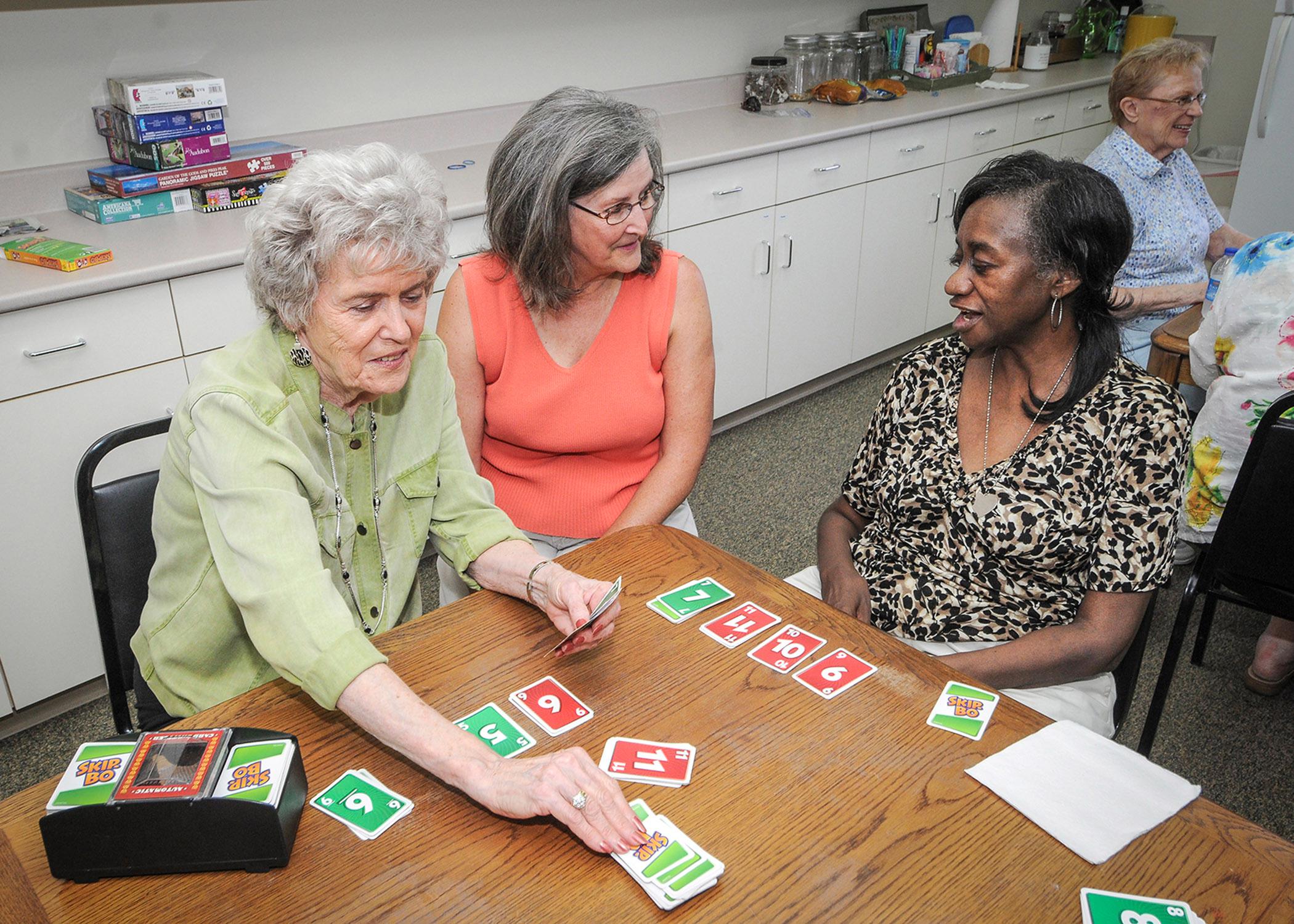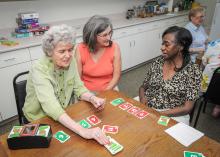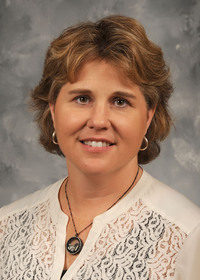Information Possibly Outdated
The information presented on this page was originally released on June 13, 2013. It may not be outdated, but please search our site for more current information. If you plan to quote or reference this information in a publication, please check with the Extension specialist or author before proceeding.
Extension unites communities around senior adult services
MISSISSIPPI STATE -- Several Mississippi communities are taking on projects designed to help senior adults keep their independence and improve their health.
The Mississippi State University Extension Service has challenged communities to assess the resources they offer senior adults and is helping them develop a plan to strengthen and add to those resources.
“Our challenge is to find ways to maintain and improve the health of seniors while giving them the freedom to reside in their own homes, especially in rural areas, where there is even less support for seniors,” said Bonnie Carew, assistant Extension professor in food science, nutrition, and health promotion.
Carew said Mississippi’s over-60 population has grown more than 43 percent since 1970. In Mississippi, 52 percent of seniors live in rural areas, and more than 80 percent of seniors live in their own family dwellings.
In response to that growth, Extension developed the Smart Aging: Healthy Futures project with initial funding from the U.S. Department of Agriculture. The project seeks to support communities as they foster healthy aging.
Carew said the project has three primary objectives:
- to identify community resources and deficits related to the health and health-care needs of a rural senior population;
- to engage communities in grassroots efforts to improve seniors’ access to health care and healthy living; and
- to initiate health promotion activities targeting rural aging populations within their families, communities and support systems.
Since 2008, the MSU Extension Service has conducted programs in Oktibbeha, Clay, Copiah, Lincoln, Itawamba and Marion counties, as well as the city of Pascagoula.
“We start by scheduling public forums to understand local concerns -- what is and is not working in their area,” Carew said. “We identify assets and deficits to help determine objectives and establish priorities for change. Next, they form community action groups to tackle the challenges. We want the community to move from talking about issues to acting on them. Extension Service provides training to help communities change wishes into reality.”
Carew said the projects work only if the community takes ownership of the goals and takes action. One of the most recent success stories is taking place in Itawamba County, where one of the community action groups determined that transportation issues needed to be addressed.
“Other counties have wanted to work on this issue, but this group in Itawamba County got it done,” she said. “Throughout this state, access to affordable public transportation is a monumental challenge, especially for senior adults. Even in towns with adequate medical care, stores and entertainment, if people cannot drive or do not have transportation, they cannot get to those places.”
Itawamba County Extension agent Romona Edge said once their group identified transportation as the issue, pieces of the puzzle started to fall into place. They gained access to a van, the county supervisors contributed funding, and other details and logistics were decided.
“There is a small fee for the service, which is available to anyone needing transportation, not just seniors,” she said. “The service extends throughout Fulton, Itawamba and neighboring counties, which really helps with medical visits in Tupelo.”
One of the longest-running successful projects is taking place in Starkville, where one community action group wanted a safe place for seniors to go for social opportunities. A location for a senior center was donated, and a number of key volunteers stepped up to offer leadership within six months of organizing.
“Having the right people together at the right time has created opportunities, and committed volunteers have worked diligently to accomplish their objectives,” Carew said. “We have people in communities across the state who can get a lot done.”
Georgia Murphy, a retired teacher from south Mississippi and the Jackson area, moved to Starkville in 2004 and was ready for her next project. She attended the Extension-sponsored forum that was the catalyst for the senior center. The Golden Triangle Planning and Development District, located near Industrial Park, opened its doors to provide a safe location, refreshments, games, a television and utilities.
“This is a welcoming atmosphere, and everyone is very safe,” she said. “This is a happy place with so much laughter we have to keep the door closed so we don’t bother the people who are working in the building.”
When the center started, they invited speakers on a variety of topics, but now they focus on social activities more than educational opportunities. The center is promoted in the local newspaper and by direct mail.
“People will bring in extra items like stationery, fabric or yarn to share with the group,” she said. “They also may bring food, ice cream or produce from their gardens to share. Visitors enjoy movie and game afternoons. Other groups reserve the center for use by seniors in the mornings for activities, such as bridge and bunco.”
Murphy said she believes the center offers health benefits because positive interactions with others contributes to quality of life and because friends can offer advice as needs arise. She added that many new friendships have been made as seniors move to town and find a warm welcome at the center.




